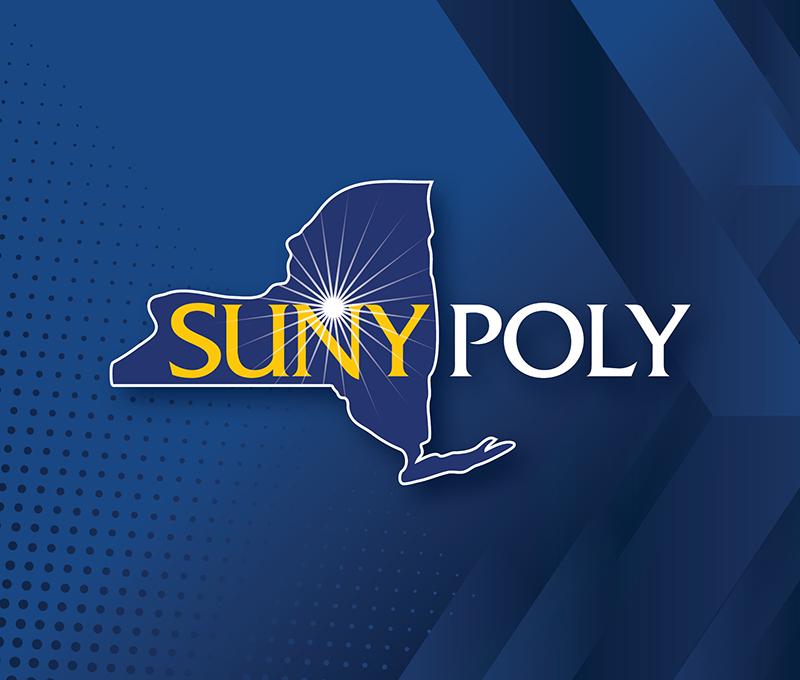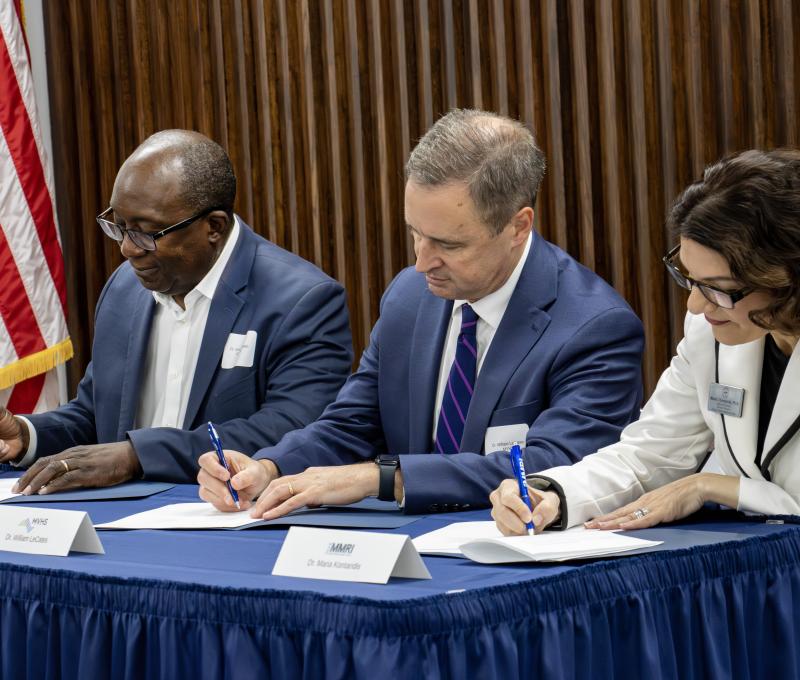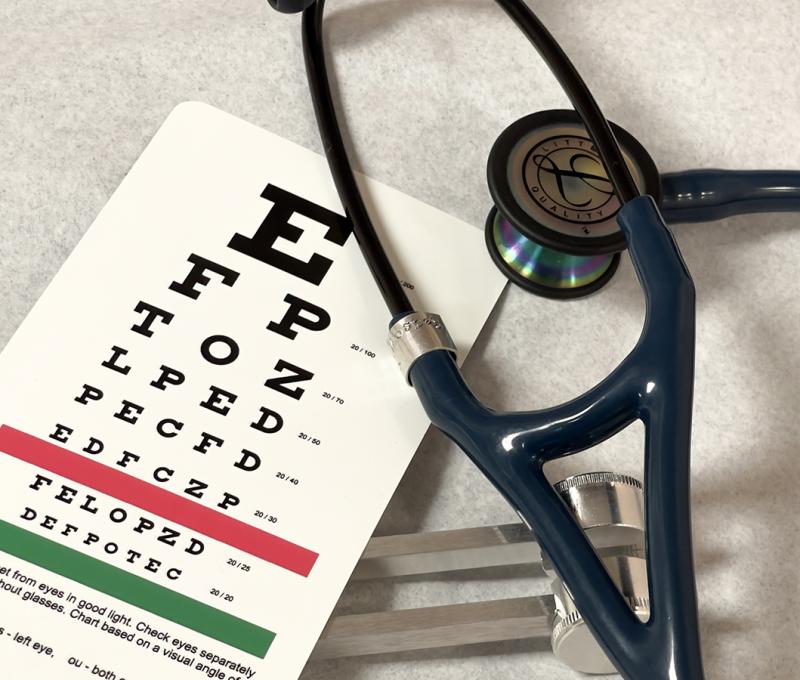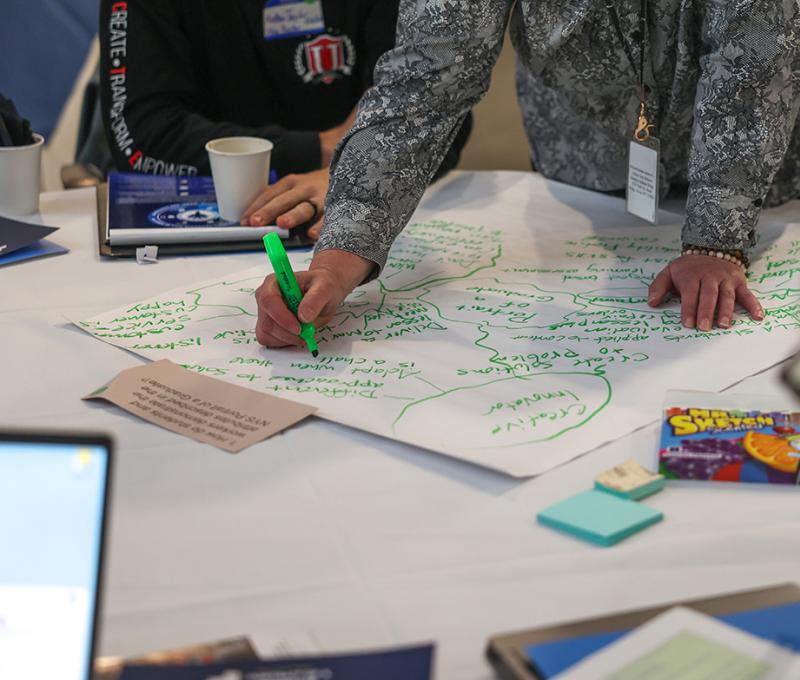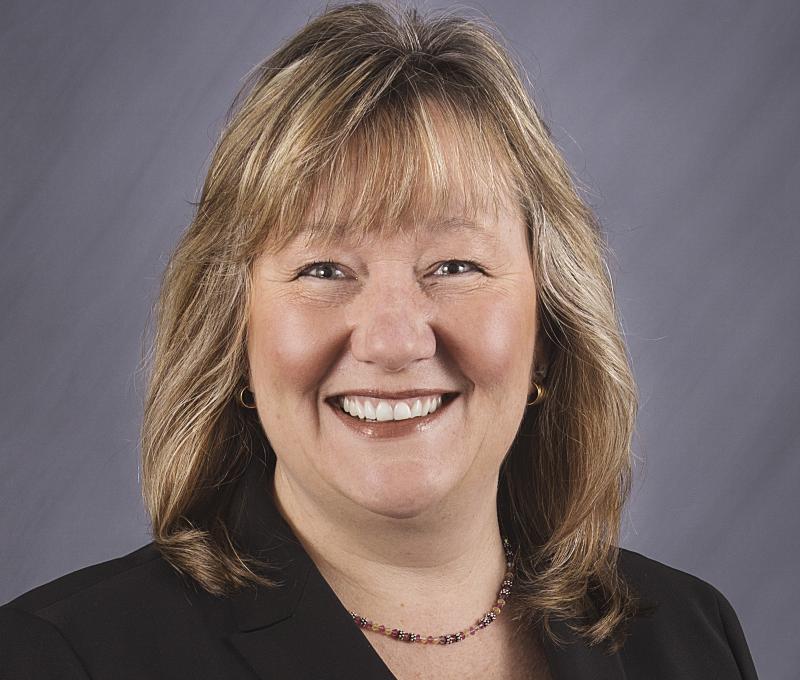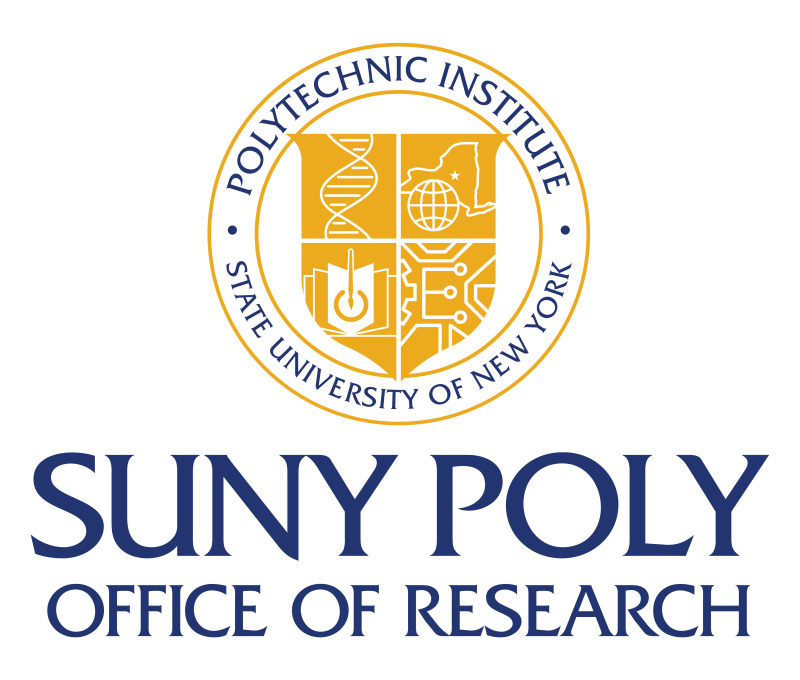SUNY News Release: Governor Cuomo Announces $2.8 Million in
NYSUNY 2020 Awards for Binghamton University in partnership with
SUNY Poly

December 12, 2016
Grant to Support Development of a Renewable Energy Research, Development, and Educational Facility
State-of-the-Art Facility to Foster Research Collaboration Among SUNY Campuses and Promote Workforce Training
Governor Andrew M. Cuomo today announced $2.8 million in NYSUNY 2020 awards for Binghamton University. The awards will support the development of a state-of-the-art renewable energy research and development facility. Once completed, the new facility will be used to promote energy efficiency by testing current research efforts that focus on battery life maximization. To further advance energy conservation efforts, the facility will foster collaboration among multiple SUNY campuses, provide student research opportunities and promote workforce training in energy conservation throughout the state.
"Energy conservation is essential to combatting the threats posed by climate change, and we must ensure that New York is at the forefront of cutting-edge solutions," Governor Cuomo said. "This funding will equip SUNY Binghamton with a state-of-the-art facility that will advance critical research and bolster our administration’s commitment to renewable energy, creating a cleaner, brighter future for all New Yorkers."
"With programs that enhance New York State’s ability to reform the energy vision, SUNY and Binghamton University are giving more students access to a top-quality higher education and training the workforce of tomorrow," said Lt. Governor Kathy Hochul, who presented the award on campus today. “The governor has made it a priority to scale up New York’s renewable energy and build a more resilient, affordable and clean energy system. This additional commitment to develop a Renewable Energy Facility at Binghamton University is a smart investment in the future of New York."
The facility will complement Binghamton University’s new "dry room" – a battery dry room located in the University’s Center of Excellence Building at the Innovative Technologies Complex. Since the chemicals in batteries do not react well to moisture, the dry room features a very low-humidity index, enabling Distinguished Professor M. Stanley Whittingham and his NorthEast Center for Chemical Energy Storage team to test their research efforts to maximize battery life and efficiency. The battery dry room was made possible through a $600,000 Round V Regional Economic Development Council Award made last year.
SUNY Chancellor Nancy L. Zimpher said, "With the governor's continuing support and additional resources provided by NYSUNY 2020, our colleges and universities are collectively moving the dial on degree completion for students while also advancing groundbreaking research and answering industry needs throughout New York State. Congratulations to President Stenger and the entire Binghamton University community on what will be a premier renewable energy facility in the Southern Tier."
Assemblymember Donna Lupardo said, "A clean energy economy is critical to combatting the threat of climate change, and by making strategic investments that support the development of alternative energy sources, New York is leading the nation forward. Governor Cuomo launched NYSUNY 2020 to give New York’s premier universities the resources necessary to make cutting-edge breakthroughs – this funding will ensure New York is poised to pioneer future developments in energy conservation."
Binghamton University President Harvey Stenger said, "We’re on the cutting edge of technology that impacts all of our lives. The ability to extend the life of batteries in all types of electronic devices is something from which every one of us will benefit. This particular investment is also going to allow us to educate and train smart-energy scientists and the advanced manufacturing experts of the future."
Distinguished Professor M. Stanley Whittingham said, “This award will allow us to grow our infrastructure so that we can educate the next generation of students in energy, provide trained workers to grow our local energy industry and make a more energy aware population.”
In addition to enhancing battery storage research and educating and training students, Binghamton’s dry lab will open its doors to multiple industry partners who will conduct their research side by side with faculty, staff and students. Binghamton has multiple partners in this new, renewable-energy storage facility:
- Binghamton will provide the experimental facilities and be the hub of the proposed activities.
- SUNY Polytechnic will provide the manufacturing expertise.
- The universities at Buffalo and Stony Brook will collaborate on theory/simulation of materials and systems.
Once completed, this collaborative research, development and educational center will be entirely devoted to the study of renewable energy and will house workforce development programs in energy conservation. Funding will be applied toward the purchase of dry room installation and equipment, as well as staff researchers for the facility.
Applied learning and workforce development opportunities will be available in forward-looking smart energy industries. The funds will also be used to develop laboratory infrastructures and educational materials related to use in electronic systems that use stored energy, ranging from miniaturized medical sensors to data centers.
Stanley Whittingham is the project lead on this new academic-industry effort, and is joined by multiple co-principal investigators: Kanad Ghose, Professor of Computer Science Binghamton Site Director for ES2, a National Science Foundation-industry cooperative; and SUNY Distinguished Teaching Professor and Vice Provost for Student and Faculty Development James Pitarresi. SUNY Polytechnic’s Associate Professor of Nanoscale Science Eric Eisenbraun is also a co-principal investigator on the team.
About the State University of New York The State University of New York is the largest comprehensive system of higher education in the United States, with 64 college and university campuses located within 30 miles of every home, school and business in the state. In 2015-16, SUNY served nearly 1.3 million students, including nearly 600,000 in credit bearing courses and programs and more than 700,000 through continuing education and community outreach programs. SUNY students and faculty across the state make significant contributions to research and discovery, resulting in nearly $1 billion of externally-sponsored activity each year. There are 3 million SUNY alumni worldwide and one in three New Yorkers with a college degree are SUNY alumni. To learn more about how SUNY creates opportunity, visit www.suny.edu.
Contact: Holly Liapis 518-320-1311 Email the Office of Communications


